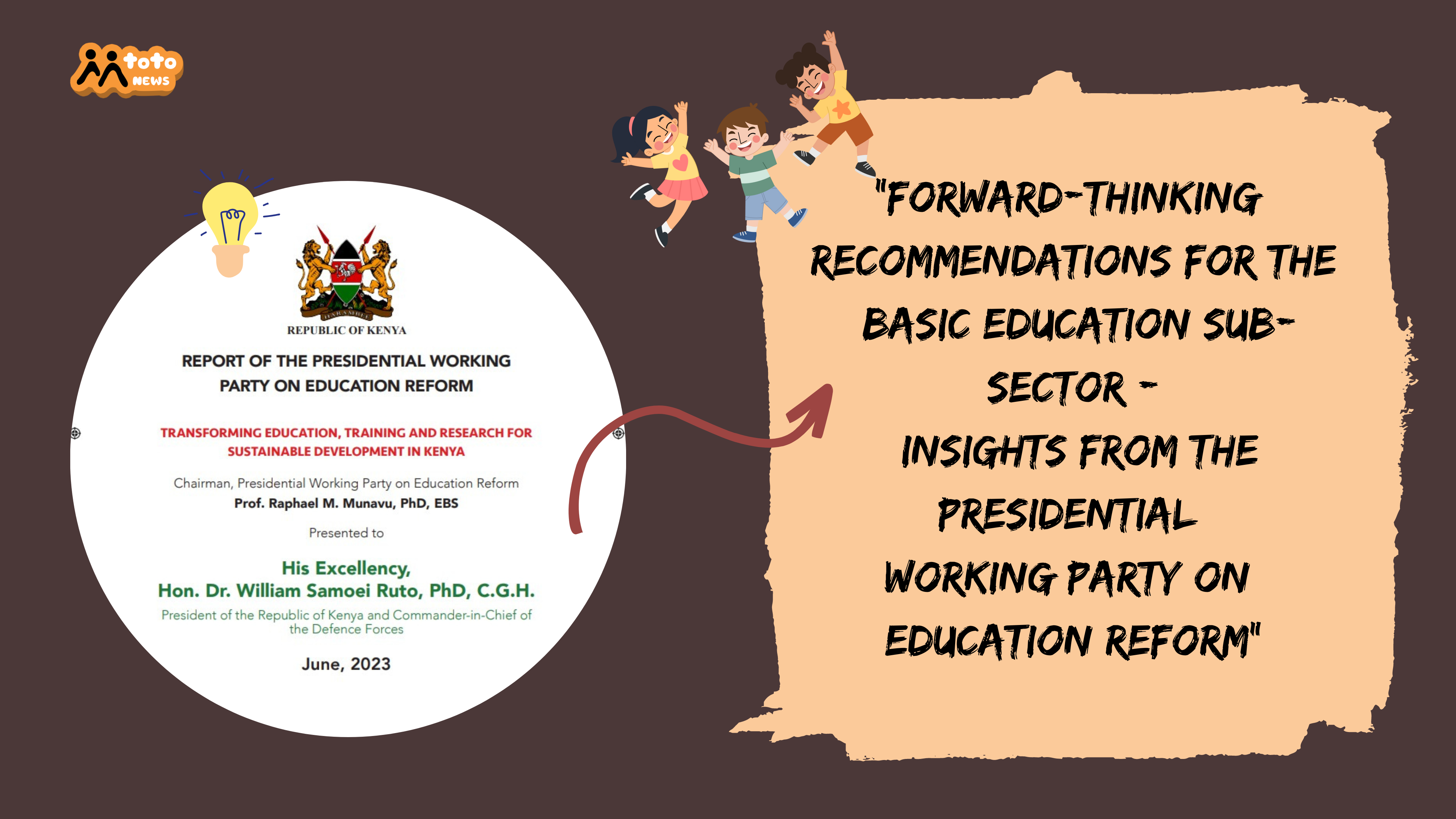
In the pursuit of an equitable and inclusive education system, Special Needs Education (SNE) plays a pivotal role in ensuring that every learner, regardless of their abilities or disabilities, has access to quality education. However, the landscape of SNE in Kenya reveals a series of challenges and opportunities for improvement, as highlighted in the report of the Presidential Working Party on Education Reform.
Diverse Categories of Special Needs: The Sector Policy for Learners and Trainees with Disabilities, established by the Ministry of Education in 2018, identifies eleven distinct categories of learners with special needs and disabilities. These categories encompass a wide spectrum of challenges, ranging from hearing and visual impairments to intellectual and developmental disabilities, specific learning disabilities, cerebral palsy, and autism.
However, it’s essential to recognize that gifted and talented learners facing psychosocial and health challenges also possess unique learning needs that deserve attention.
Barriers to Inclusion: Despite strides made towards inclusion, learners with special needs continue to encounter barriers that hinder their access to education.
Inadequate infrastructure, physical inaccessibility, discrimination, and challenges in admission processes contribute to their exclusion. These barriers create a significant divide, preventing these learners from accessing their right to education within regular school settings.
Adapting for Learning Success: Learners with special needs often require adaptations in curriculum, environment, and daily activities to facilitate meaningful learning experiences.
However, the availability of specialized learning materials, assistive devices, and adapted technologies remains limited. Challenges persist in obtaining crucial resources like Braille materials for the visually impaired, wheelchairs for those with physical disabilities, and talking computers for the blind. Additionally, the capitation provided for learners with special needs falls short of requirements for equitable access and inclusion.
Home-Based Education and Staff Shortages: The report highlights the gaps in realizing home-based education programs designed to integrate children with severe disabilities into neighborhood schools. Implementation challenges persist, leading to many of these children being kept away from school.
Furthermore, there’s a noticeable shortage of specialized teachers to cater to the diverse needs of learners with special needs in education. A lack of comprehensive data on these learners in special schools, units, and inclusive programs complicates effective planning.
Challenges in Examination Performance: Learners with Special Needs often face significant hurdles in national examinations due to various factors. Differences between the language of instruction and assessment, limited learning resources, vocabulary constraints, and issues with Signed Exact English (SEE) and Kenyan Sign Language (KSL) skills contribute to these challenges.
The reliance on Sign Language Interpreters without teaching expertise can lead to distorted communication and hinder effective learning.
Stakeholder Insights: A total of 2,116 stakeholder submissions shed light on the challenges faced by Special Needs Education. It’s evident that SNE is underfunded (22.21%), hampering the delivery of quality education. Concerns range from insufficient resources and assistive devices to the shortage of qualified human resources for teaching and assessment. Identification, admission, and curriculum adaptation are among the prominent issues highlighted by stakeholders.
The journey towards inclusive education for learners with special needs is marked by both challenges and opportunities. The report underscores the importance of addressing these challenges through robust policy frameworks, increased funding, professional development for educators, and concerted efforts to bridge gaps in specialized resources.
By investing in inclusive education practices, Kenya can create an educational landscape that truly embraces diversity, empowers learners with special needs, and unlocks their full potential.

Leave a Reply